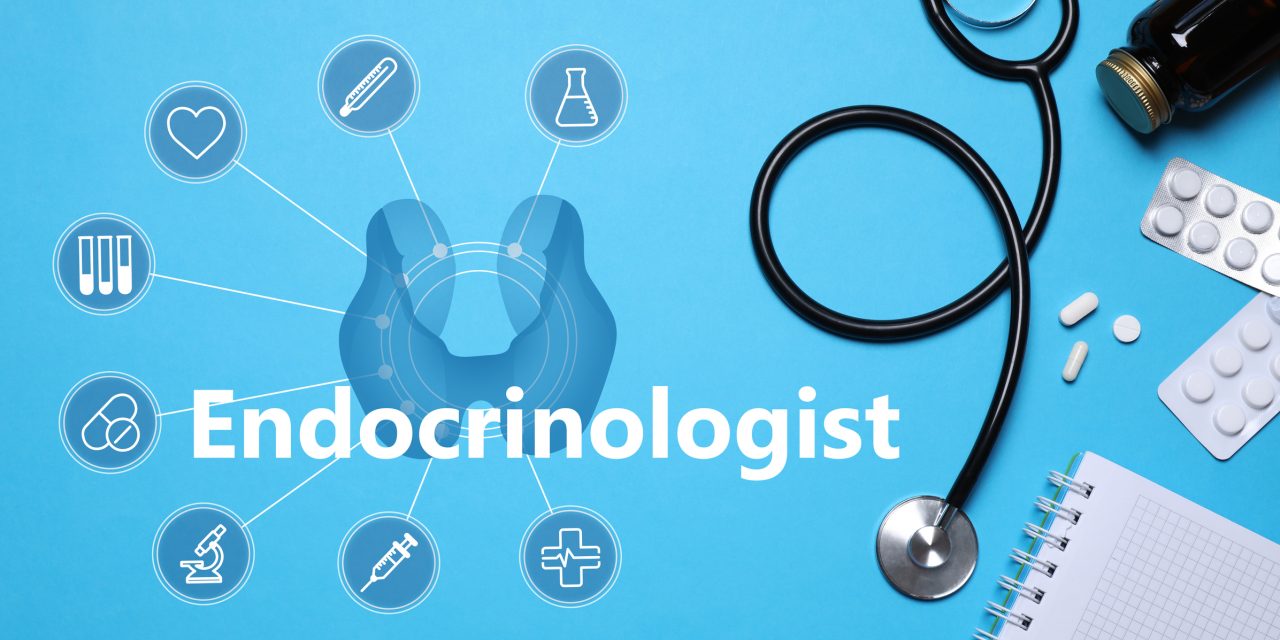Graves’ disease (GD) is rare in children under age five years. Antithyroid drugs are typically first-line therapy but carry the risks of agranulocytosis and liver dysfunction.
A male infant with multiple congenital anomalies, left ventricular hypertrophy, and neurologic dysfunction developed GD at five months of life. The presence of chronic hepatitis complicated medical management. Potassium iodide was effective temporarily, but urgent thyroidectomy was required at nine months of age. Postoperatively, the patient developed a thyroid function pattern consistent with impaired pituitary sensitivity to thyroid hormone (TH) that responded to the addition of liothyronine. Exome sequencing revealed a heterozygous duplication of the gene cluster, suggesting a possible mitochondrial disorder.
This case describes the youngest child to date to be diagnosed with endogenous GD and to successfully undergo definitive treatment with thyroidectomy. An underlying defect in mitochondrial function is suspected, suggesting a potential novel pathophysiologic link to early-onset thyroid autoimmunity. Additionally, this case illustrated the development of impaired pituitary sensitivity to TH following thyrotoxicosis of postnatal onset, which may contribute to our understanding of hypothalamic-pituitary-thyroid (HPT) axis development.
Graves’ disease in a five-month-old boy with an unusual treatment course.


